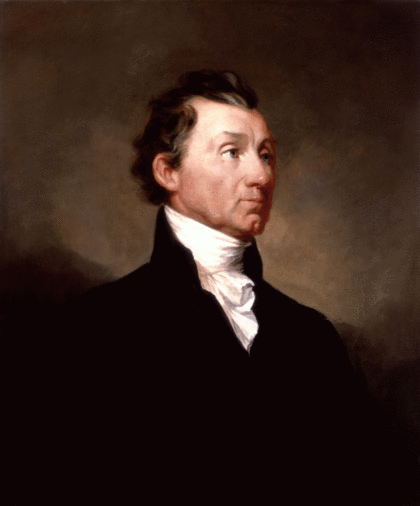What did the Monroe Doctrine state?
 December 2, 1823 — President James Monroe declared his “Monroe Doctrine” today in 1823, which stated that efforts by European nations to colonize land or interfere with states in North or South America would be viewed as acts of aggression, requiring US intervention.
December 2, 1823 — President James Monroe declared his “Monroe Doctrine” today in 1823, which stated that efforts by European nations to colonize land or interfere with states in North or South America would be viewed as acts of aggression, requiring US intervention.
It also noted that the US would neither interfere with existing European colonies nor meddle in the internal concerns of European countries.
Issues at a time when nearly all Latin American colonies of Spain and Portugal had achieved or were at the point of gaining independence from the Portuguese and Spanish Empires — the US and Great Britain wanted to guarantee that no European power would move in.
Historians explain that by the end of the 19th century, Monroe’s declaration was seen as a defining moment in the foreign policy of the United States and one of its longest-standing tenets. It would be invoked by many U.S. statesmen and several U.S. presidents, including Ulysses S. Grant, Theodore Roosevelt, John F. Kennedy, Ronald Reagan and many others.
Sources
Words of Wisdom
The occasion has been judged proper for asserting, as a principle in which the rights and interests of the United States are involved, that the American continents, by the free and independent condition which they have assumed and maintain, are henceforth not to be considered as subjects for future colonization by any European powers.
We owe it, therefore, to candor and to the amicable relations existing between the United States and those powers to declare that we should consider any attempt on their part to extend their system to any portion of this hemisphere as dangerous to our peace and safety. With the existing colonies or dependencies of any European power we have not interfered and shall not interfere. But with the Governments who have declared their independence and maintained it, and whose independence we have, on great consideration and on just principles, acknowledged, we could not view any interposition for the purpose of oppressing them, or controlling in any other manner their destiny, by any European power in any other light than as the manifestation of an unfriendly disposition toward the United States.





